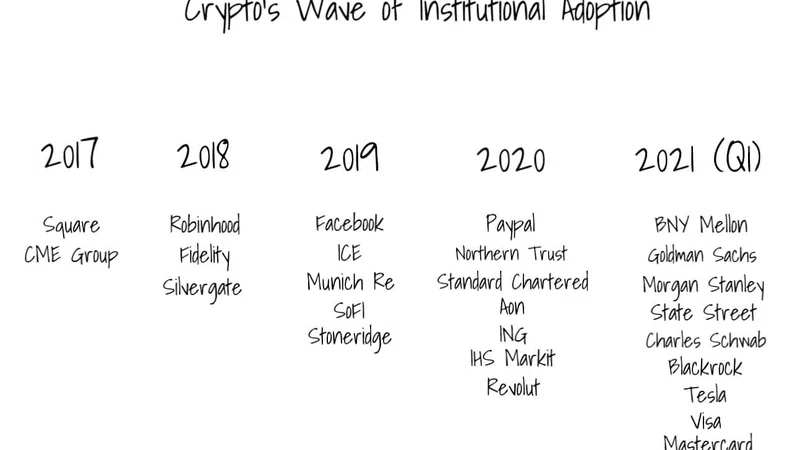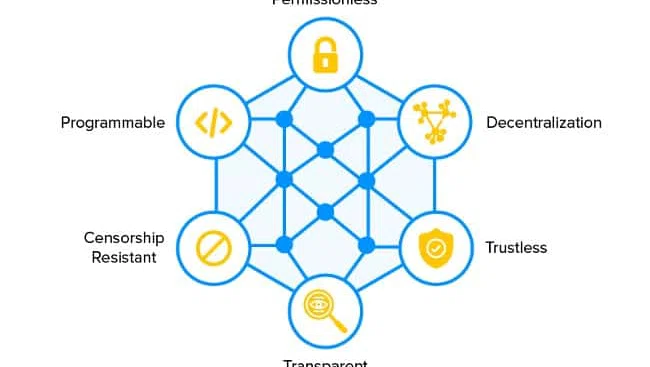Long before Covid-19, the financial services landscape was experiencing drastic change. From a greater use of online banking to increasing the limit on contactless payments, banks have shifted away from legacy systems in favour of innovative, agile solutions that accommodate the change in customer demands.
And the last year accelerated these demands even further. Seamless, convenient and easy-to-use interfaces are now an expectation in almost every part of consumers’ lives. In fact, the RFi Group found that 73% of consumers are using digital banking channels weekly, well above the global average.
Fintechs have been quicker to latch on to new market trends and changes, and then meet emerging demands. And while this comes down to their long-prioritised investment in technology and foundation in digital, the traditional players are finally catching up.
The World Economic Forum predicts that 50% of goods consumption could be made online in developed markets by 2030, and UK Finance expects as little as 9% of payments in the UK to be made using physical currency by 2028.
What this means for banks, financial institutions and the wider industry is an entirely new mindset, one that is digital-first and agile by design.
Compete with emerging trends
While it’s not to say that the next few years will be an exciting time for fintechs in the UK, there must be a healthy reaction from the traditional players to invest in online services as they look to capitalise on emerging trends.
Today, digitally native companies, such as PayPal and Revolut are already reaping the rewards of an adaptable and agile service. For example, PayPal’s agility meant that it was able to introduce a local wallet focused on cross-border payments. And Revolut has successfully moved to paid for services and secured funding that goes well beyond an innovative and intuitive app, thus becoming the UK’s biggest fintech firm with a £24bn valuation.
Propping up all this success is technology. Thankfully, according to our latest research, the vast majority of global business leaders view digital transformation as a contributing factor to strengthening customer relationships (83%), building trust (83%) and enabling new ecosystems (82%).
That said, it still begs the question of what can traditional organisations, who are often handcuffed by legacy infrastructure, do to keep up with the digitally native, fintechs?
The answer is speed up or fall behind. Currently, the challenge for traditional organisations is in the time it takes them respond to new opportunities. Another challenge is responding quickly to the needs of a global customer base; while it’s a great strength in having so many customers, it’s an equally bigger challenge to cater to their needs all at once in the digital-first world.
Invest in a digital culture
Legacy systems can keep a company grounded, lagging behind digitally-savvy competitors. But, often the foundation of a successful digital organisation comes in the culture that leaders cultivate. An agile mindset can unlock creativity and enable transformation from within, which then guides a company’s product and service line.
For example, Nationwide staff made 2.5 million calls during lockdown via video conferencing tool Teams, hosting virtual training sessions, daily meetings and delivering product support. It was a significant shift for a company that operated with a high-street first mentality for decades.
Hybrid working introduces a new workforce, one that is built for the future. It’s a wider cultural change that supports a brave approach, one that gradually shifts towards agility and innovation. Moving away from a slow, very cautious and risk-aware business to a digital business.
And in new workplace environments that means increasing workplace efficiency, ensuring clear lines of communication and modernising internal processes.
Leaping into the future
We are at a point of digital maturity and, over the coming years, digital services will continue to take hold of the financial services industry. Technologies like IoT, AI and robotics are moving from concept to reality with customer’s enjoying the benefits, such automatic money-saving ‘round-ups’ and chatbot assistants that saves the organisation and customers’ time.
Take wealth management firms. Commonly a business based on building a relationship with individuals, we’re now seeing a shift towards robo-advisors that provide online assistance. During the pandemic, ITI Capital launched a robo-advice service to interact with investors and grow the business.
The managing director even went on record to say the company had to “make up for lost time,” when discussing the influence of technology.
It’s now time for the wider industry to evolve its mindset, be agile and embrace technology to make positive changes in the industry. Coasting as a digital laggard is no longer an option – in fact, it never was but the pandemic shone a spotlight on organisations that were falling behind the curve.












